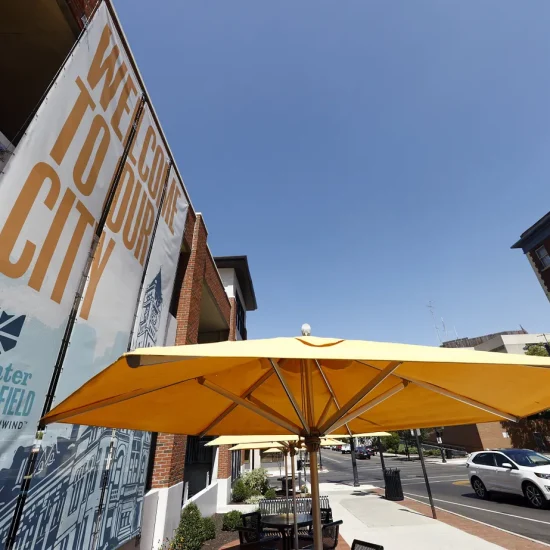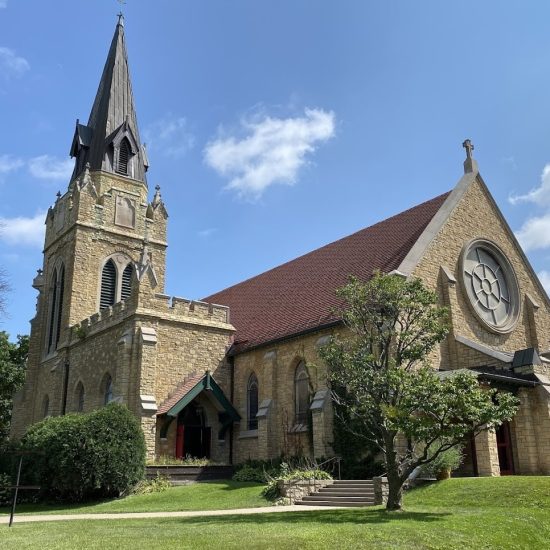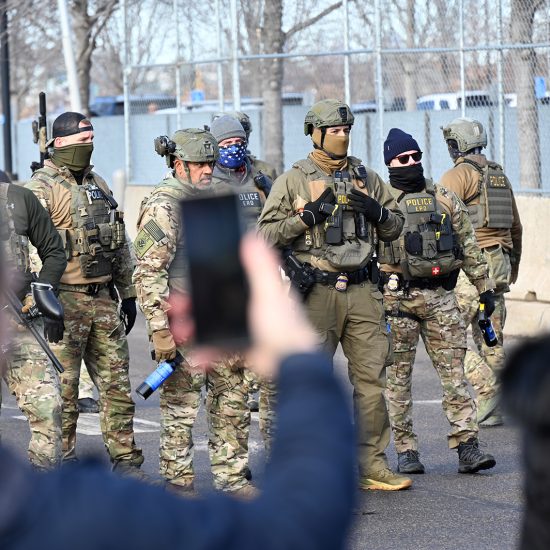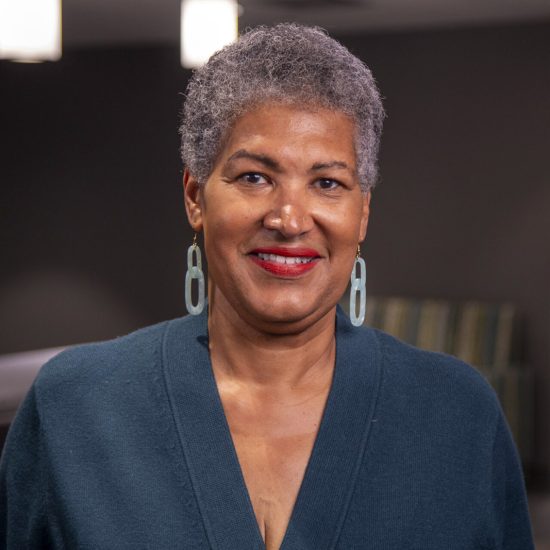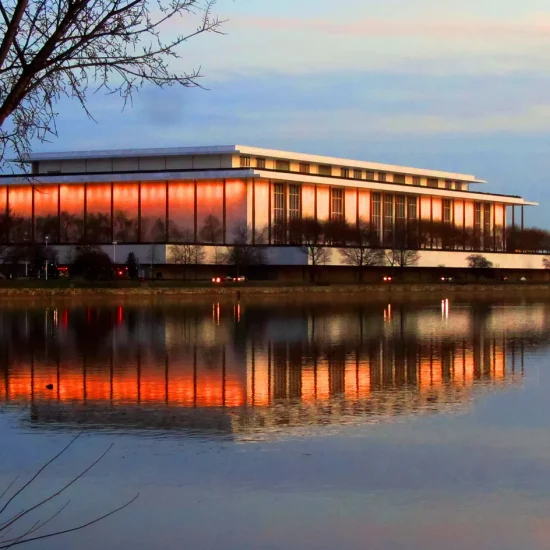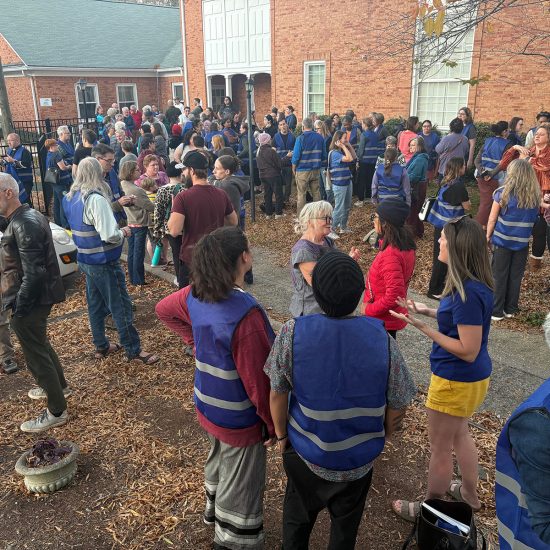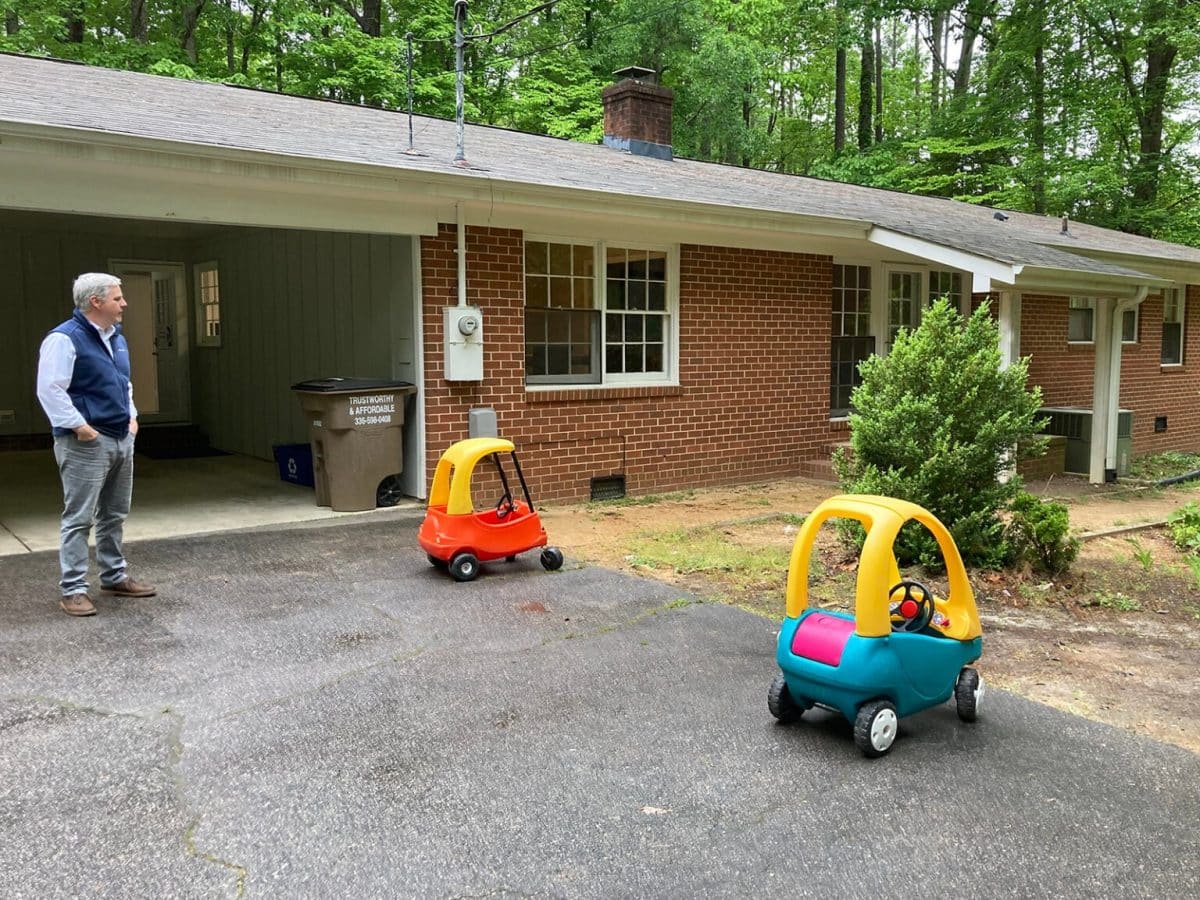
(RNS) — With the U.S. withdrawal from Afghanistan nearly two years ago, religious congregations across the country began extending an embrace to refugees.
Partnering with resettlement agencies, they helped families escaping war and political turmoil settle into homes, find jobs, learn English and acclimate to life in the U.S.
Now, in a corner of North Carolina, a group of Baptist churches has begun to deepen that support by retrofitting vacant church-owned buildings — often homes — for refugee housing.
Organized through the Cooperative Baptist Fellowship of North Carolina but open to any religious congregation, a new initiative encourages churches to refurbish church-owned parsonages, office buildings, youth clubhouses or single-family homes and make them available to refugees or humanitarian parolees for a nominal fee.
“It’s increasingly difficult to find affordable housing for refugees,” said Marc Wyatt, a missionary who founded the Welcome House Community Network. “Churches have physical property and buildings that are underutilized. Rethinking the use of those buildings for housing is our vision.”
On Saturday (April 29), the network held its first housing and hospitality summit with 210 congregational leaders — mostly from North Carolina — wanting to learn more about how to use vacant church properties to minister to refugees.
The conference made plain twin realities: A glut of underutilized church properties and a severe shortage of affordable housing for newly arrived refugees with few means.
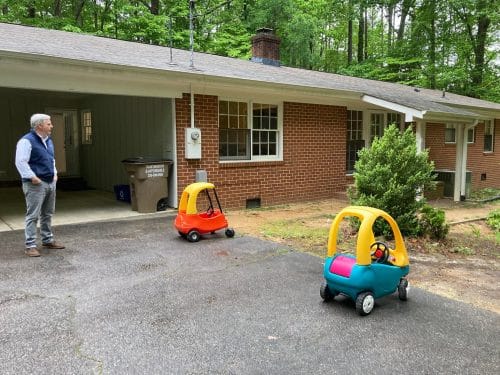
Randy Carter, pastor of Temple Baptist Church in Durham, North Carolina, looks out on a house the church owns that was recently retrofitted to house refugees. RNS photo by Yonat Shimron
So far, about a dozen churches in North Carolina’s Triangle region, anchored by Raleigh, Durham and Chapel Hill, have retrofitted ancillary buildings for use by refugees. In all, about 40, including churches in Virginia, Tennessee and Texas, have joined the Welcome House network.
They include First Baptist Church in Hillsborough, which is housing a seven-member Afghan family in its parsonage, and Temple Baptist Church in Durham, which owns a ranch-style home a few yards away from its sanctuary where an eight-member family from Congo is now staying.
Churches typically charge the families $10 a day to cover the cost of utilities and otherwise provide hospitality and connection.
“A lot of (church) folks like to clean and prep the house,” said Randy Carter, pastor of Temple Baptist. “Some people like to work in repairs or on the yard. A small group of folks are more engaged with the family itself.”
Until recently, many of these church-owned homes had been used by pastors or foreign missionaries on leave. Increasingly, they have stood vacant.
The surge of refugee and humanitarian parole programs under the Biden administration has made affordable housing an urgent need.
Since he took office in January 2021, Biden’s administration has reversed Trump-era restrictions on immigration to the United States. The boost in refugee admissions includes some 300,000 Ukrainians who have arrived in the United States fleeing war with Russia, more than all the people from around the world admitted through the official U.S. refugee program in the last five years.
The Welcome House churches partner with one of 10 U.S. refugee resettlement agencies working to house the immigrants. Those agencies are often scrambling to provide affordable housing for refugees, most of whom come to the U.S. penniless or after yearslong stays in refugee camps. The State Department typically provides only three months’ housing costs, and families must quickly find jobs to stay afloat.
“The rate of arrivals is faster than we can find long-term housing,” said Adam Clark, executive director of World Relief in Durham, one of the resettlement agencies working in North Carolina. “There has to be a temporary housing piece for this to work.”
Clark said some refugees are placed in an extended stay hotel or an Airbnb until housing is found. But those are expensive and they quickly exhaust the government’s minimal housing subsidy.
In most cases, church-owned properties are used on a temporary basis — up to 90 days — at which point the resettlement agencies typically locate to more permanent housing.
But some churches, such as Hayes Barton Baptist Church in Raleigh, which owns three residential homes near its church building, are also renting out properties to refugees on a longer-term lease.
Two of those homes are now occupied by refugee families — one from Morocco and one from Afghanistan (a third house is being renovated). The families pay rent at below fair market value, typically no more than 30% of the family’s monthly income.
“We have assets that are sitting here and there are people coming into our community that need housing,” said Kristen Muse, senior associate pastor at Hayes Barton Baptist. “Our congregation is a generous congregation and when they see the needs, they want to reach out and use what we have for the glory of God.”
Both families staying at Hayes Barton’s church homes are Muslim and do not attend church services. But the point of the housing is not to proselytize anyway, Muse said. Instead it’s to extend a welcome. One of the refugee children attends the church’s preschool, and the church keeps in touch and helps support the family as needs arise.
The initiative comes at a time when many older churches are rethinking how to repurpose unused buildings for the common good and at the same time cast a sustainable vision for the future.
Housing refugees is emerging as one solution — one that fits in with many churches’ larger mission of welcoming the stranger.
“How do we do what God wants us to do?” said Randall Austin, a member of First Baptist Church in Hillsborough, which started offering its parsonage to refugees nearly two years ago. “This is a tangible way.”

